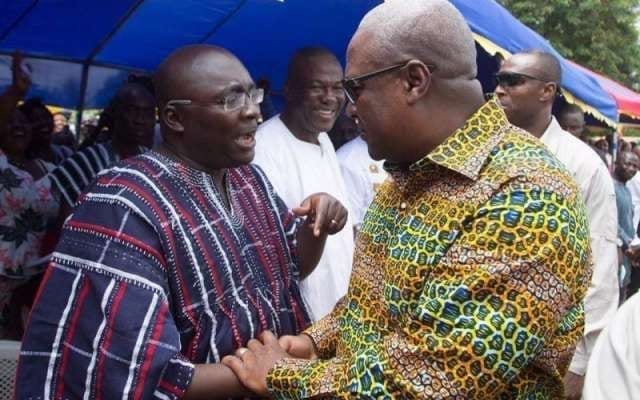As the December 7 polls in Ghana draw near, economic promises are taking center stage, with significant pledges from major political parties to eliminate key taxes like the E-levy, emission taxes, and betting taxes.
While these promises may resonate with the electorate, concerns are growing about how the estimated GHC9.5 billion revenue loss resulting from these tax abolitions will be recuperated.
Both flagbearers have proposed cuts to ministerial positions, with reductions to 60 and 50 ministers respectively, down from the current 85.
However, Dr. Adu Sarkodie, an economist from the University of Ghana, warns that even reducing the ministers to as few as 5 would not result in significant savings. He emphasizes the need for a contingency plan to address the revenue shortfall, along with increased attention to the extractive sector and raising royalties.

Dr. Sarkodie’s insights underscore the complexity of the economic situation and the necessity for comprehensive planning beyond mere ministerial cuts. While reductions in ministerial positions may lead to some savings, that alone is unlikely to bridge the revenue gap caused by tax eliminations. Therefore, both political parties are urged to explore alternative revenue generation mechanisms to mitigate the impact on the economy.
One avenue highlighted by Dr. Sarkodie is the extractive sector, which includes industries such as mining, oil, and gas. By increasing royalties and implementing effective governance and oversight measures, Ghana can capture a larger share of the revenue generated from its abundant natural resources.
Additionally, he stresses the importance of a transparent and accountable approach to fiscal policy-making to ensure that any revenue generated is utilized efficiently and effectively.
As voters consider their options for the upcoming elections, they must carefully evaluate the economic promises put forth by political parties. While tax cuts may offer immediate relief to some, it is crucial to assess the broader implications for government revenues and the economy as a whole.
By prioritizing fiscal sustainability and embracing innovative revenue generation strategies, Ghana can navigate the economic challenges ahead and work towards long-term prosperity for all its citizens.
By Wisdom Safo


